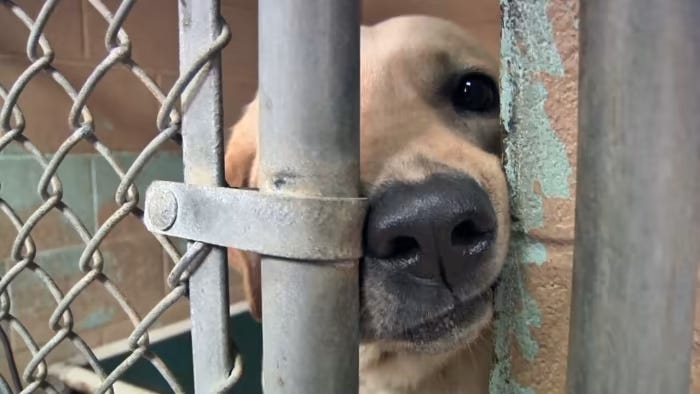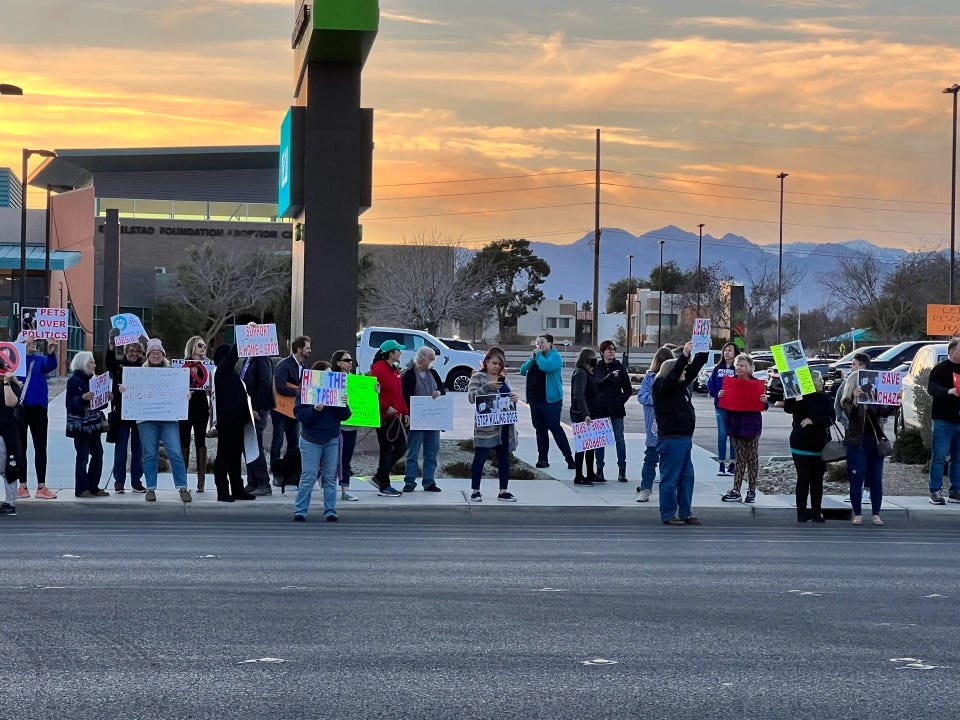U.S. pounds kill more dogs despite fewer intakes
News and headlines for February 4 - February 10, 2023

These are some of the stories making headlines in animal protection:
Howling is a long-distance communication signal common in the Canidae family, though it has been best studied in wolves. As a long-distance call, howling has a dual function: (1) the localisation and cohesion of pack members and (2) maintaining the territory and avoiding contact with unknown individuals.
But the call of the wild is disappearing in many dogs. A new study finds that while “older dogs from more ancient breeds” respond to howling, the further away a dog’s breed is from its wolf ancestor, the less likely the dog is to howl.
The FBI is severely underreporting animal cruelty cases because it does not list them in the main body of crimes. Instead, it classifies them under a secondary “All Other Offenses” category, and 32 states do not report in this category. In addition, only police officers can report data to the FBI, but animal control officers are the most frequent responders to animal cruelty complaints. Finally, the data collected by the FBI also provides little information on the offenders or victims, which prevents the creation of effective intervention strategies. An FBI-commissioned study recommended that the Agency elevate cruelty reporting and allow other investigators to report, but it rejected these proposals.
The Animal Foundation, which runs the Las Vegas, NV, public shelter under contract, is in the news again after refusing to allow a rescue group to save a dog, choosing to kill him instead. It then severed ties with the rescue group claiming they were “disrespectful.” Rescuers fear this will mean the killing of other dogs the rescue group would have saved. Doing so is not only unethical, it may also be illegal.
As the government shelter, it cannot fire rescuers because it deems their communication “disrespectful.” Complaining about inhumane conditions, abuses, or law violations at shelters is a constitutionally protected right. A volunteer, rescuer, or any other public member not only has the First Amendment right to speak out against inhumane conduct by a government shelter, they also have a constitutionally protected right to demand that the government shelter correct the wrongs identified.
The fact that shelter managers felt rescuers were “disrespectful” doesn’t change this. The federal courts have ruled that there is no exception for language and conduct deemed insulting, offensive, or inappropriate in criticizing officials or their policies. As such, the Animal Foundation’s claim that the rescue group was “disrespectful” will not likely pass legal muster.
Although the First Amendment protects against government intrusion, its protections have been held to apply to private SPCAs and humane societies when they run the government shelter under contract, as the Animal Foundation does.




